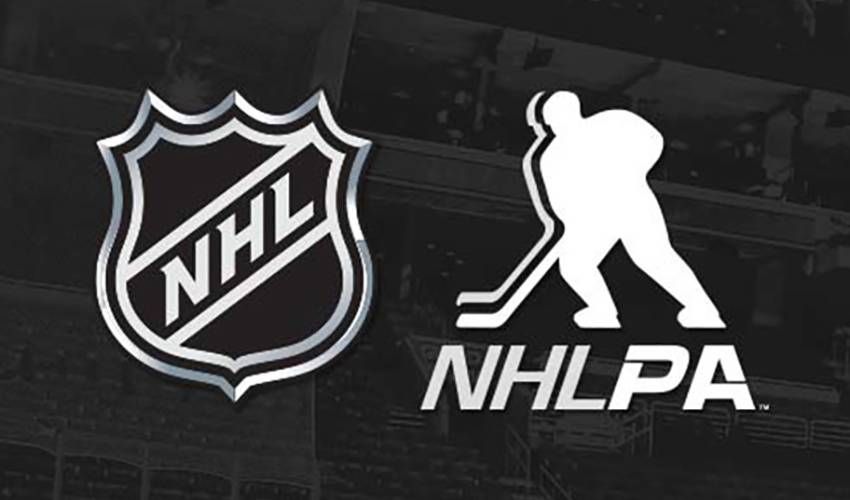TORONTO - The NHL Players' Association has formally rejected the league's proposal to allow players to participate in the 2018 Olympics in exchange for an extension to the current collective bargaining agreement.
NHLPA executive director Don Fehr says that the players, primarily the executive board, showed no interest in the idea.
He says he hopes "we'll still be able to conclude an agreement to go to the Olympics."
Fehr tells The Canadian Press in an exclusive interview that "we still think it's (playing in 2018) important and we'll go from there."
The NHL proposed the idea to the players' association in the course of discussions last month.
Under the plan, the NHL would green light participation in the 2018 Pyeongchang Games if the players agreed to extend the current contract by three years, eliminating a potential opt-out clause in the fall of 2019.
Had the players agreed, the CBA would have been extended to 2025, transforming it from an eight-year pact with an option to 10 years with three added on top of that.
Fehr said there was no appetite among players to extend the agreement for nine more seasons (including this one) in what would effectively be the career lifespan of most players in the league today. There were elements of the agreement, he noted, that the PA wanted to further examine before it got into bargaining.
League officials did not immediately respond to an email seeking comment.
NHL players have participated in the last five Olympics and hope to return in two years.
Concerns have bubbled this time around, partly as a result of policy changes under International Olympic Committee president Thomas Bach.
He has been resistant to continuing to fund (along with the International Ice Hockey Federation) out-of-pocket payments for NHL players (insurance, travel, accommodation primarily) to attend the Games.
The IOC and IIHF have covered these costs, upwards of US$10 million according to NHL commissioner Gary Bettman, since 1998 when the NHL first began attending the Games. Bach recently told the Olympic channel that "it is in the interest of both (the IIHF and NHL) and also of the IOC to have the best players at the Olympic Games", noting that "all the rational arguments are speaking in favour of participation".
NHL owners are wary of shutting down their season for two-plus weeks in February to accommodate the Olympics, what with the requisite scheduling changes and potential for injury. There's also a considerable time change in South Korea, which could hurt North American viewership.
"I can't imagine the NHL owners are willing to pay for the privilege of shutting down for 17 days," Bettman told attendees of the PrimeTime Sports Management Conference in Toronto last month. "I just don't see that."
IIHF president Rene Fasel said recently that the federation could find the money to fully cover the out-of-pocket payments, somewhat dulling the NHL's stance regarding the money issue.
Because Olympic participation requires the NHL to condense its schedule, the league intends to settle the matter soon. The schedule for the 2017-18 season is currently in the early stages of being crafted and Bettman said recently that a decision one way or the other was needed by early January.
The NHL board of governors will meet next week in Florida where it's expected that Olympic participation will garner considerable discussion.
Players have long been vocal proponents of the NHL's participation in the Olympics. Washington Capitals captain Alex Ovechkin has even said that he would attend in 2018 whether the NHL was involved or not.
